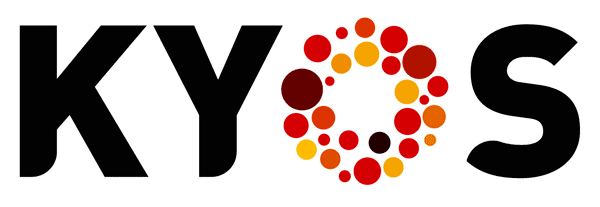What is an indexed contract?
An indexed contract is very common in commodity markets, especially gas markets. It is also referred to as floating or variable price contract. It means that the price paid for the commodity depends on the evolution of market prices, spot or forward. The index price may be the price on that day or the average price over a certain historical time window.
The index may consist of settlement prices from an exchange or price assessments from an agency such as Platt’s, Argus or ICIS Heren. It is important to select the right index price. Firstly, the market price(s) must be published by a trustworthy organization, now and in the future, using a transparent methodology. Secondly, the market of the index must be sufficiently liquid to ensure that no party can easily manipulate the level of the index price. Finally, if the index market (e.g. Henry Hub) is different from the physical market (a local hub), it should be strongly correlated with the physical market or else have a strong correlation with the exposure of the buyer.
Depending on the portfolio and activities of the buyer and seller, an indexed contract is good for managing risks. For example, if the buyer wants absolute price certainty over the duration of the contract, then it is safer to buy at a fixed price. However, if he always wants to be close to the market, then an indexed contract is the better choice.
An indexed contract tends to contain less optionality than a fixed price contract: the difference between the contract price and the market price is generally smaller and less volatile. This reduces the arbitrage trading opportunities in the market, and hence the option value.
Advanced financial methodologies are needed for the calculation of the market option value, the price exposures, and the daily management of indexed contracts. KYOS is a specialist in this area with its software products KYOS Analytical Platform and KySwing.
Do you want to know more about swing options, read our monthly gas market report or check the KySwing webpage.
